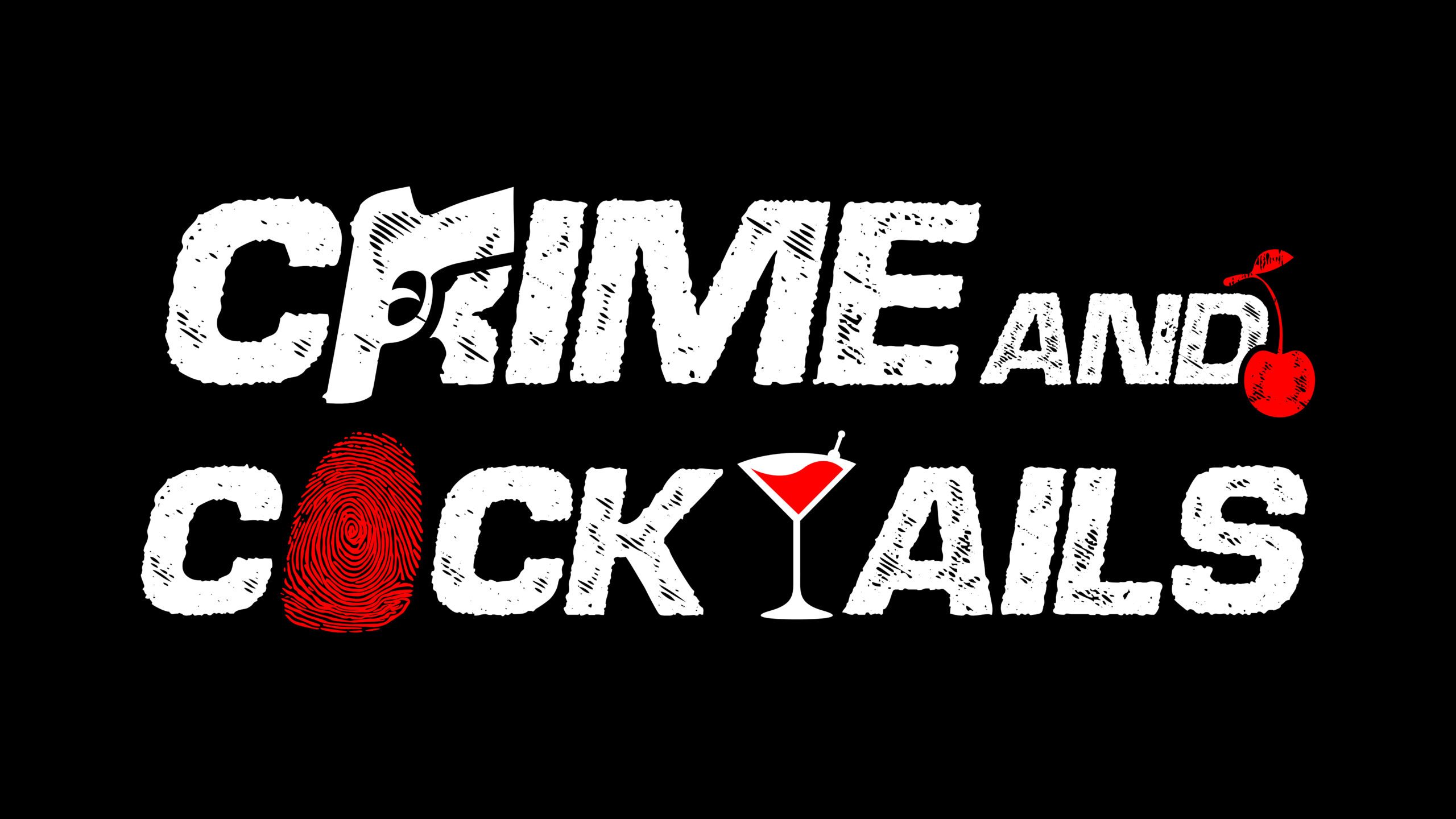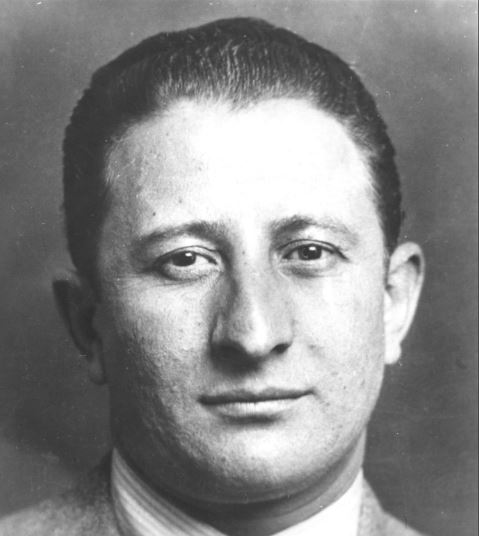In the underworld, legacy is a double-edged blade.
In the history of the American Mafia, power is rarely passed down like a family heirloom. While the dons of old—men like Albert Anastasia, Carlos Marcello, Joe Bonanno, and Joe Colombo—carved out empires with bullets and blood, their sons almost always fell short. Some tried to follow in their fathers’ footsteps, others ran in the opposite direction, but nearly all were crushed under the weight of the names they inherited.
In a world where respect is earned through fear and violence—not genetics—being the son of a boss is less of a blessing and more of a curse.
Born with a Target on Their Back
The first problem for mob offspring is visibility. The child of a don isn’t just a potential heir—they’re a liability. The feds circle like vultures, rivals consider them leverage, and even allies distrust them. One wrong word, one wiretap, one weakness—and the empire cracks.
Look at Albert Anastasia, the fearsome “Lord High Executioner,” who ruled with unrelenting brutality and founded Murder, Inc. He had sons—reportedly two—but they never touched the throne. Their names are barely known, swallowed by the silence that followed their father’s violent death in a barber’s chair in 1957. If they tried to inherit the legacy, history forgot them. If they walked away, who could blame them?
And they weren’t alone.
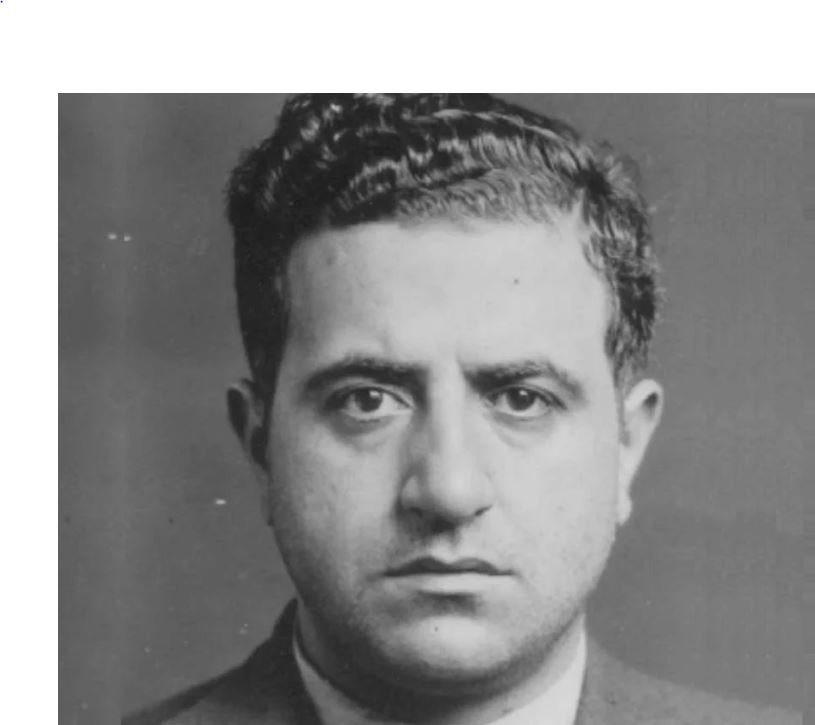
The Curse of the Don’s Shadow
To be the son of a mob legend is to be cursed with comparison. The old dons were street-hardened immigrants or first-generation hustlers, clawing power from dirt and fear. Their sons? Often raised in suburbs, in luxury, removed from the street corners where real mobsters are made.
Carlos Marcello, the longtime boss of the New Orleans crime family and a man whispered about in JFK conspiracy theories, had children—including a son named Joseph. But none ever ruled. Marcello knew better. He kept his bloodline close to the money and far from the business, possibly recognizing that the empire he built wasn’t one his children were equipped to protect.
Joe Profaci, the “Olive Oil King” and original boss of what became the Colombo family, had a son—Salvatore Jr.—who did join the Mafia, but only rose to the rank of capo. After Joe’s death, the family imploded in a violent internal war. Had his son been a stronger figure, that might never have happened. Instead, Salvatore Jr. faded into low-level obscurity while the Profaci legacy burned down around him.
And then there’s Joe Bonanno, the man who tried the hardest to create a dynasty—and failed the hardest.
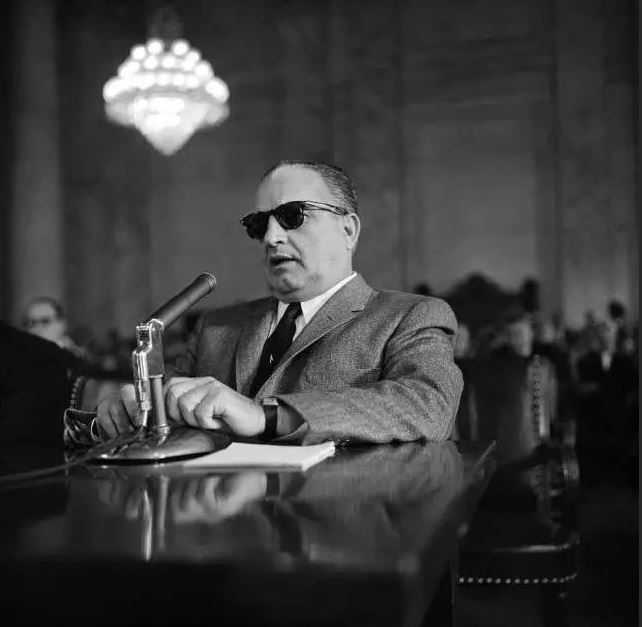
When Nepotism Fails: The Bonanno Collapse
Joseph Bonanno, founder of the Bonanno family, famously groomed his son, Salvatore “Bill” Bonanno, to be his successor. Bill was given a seat at the table, dressed in sharp suits, and coached to be the next generation of power.
But Mafia respect isn’t inherited—it’s taken.
Bill was resented. Capos saw him as soft, privileged, and unearned. His rapid rise triggered a civil war inside the family—the infamous “Banana War”—that ultimately forced both father and son out. Joe went into retirement. Bill tried to salvage his reputation through books, movies, and talk shows. He became a public face of a legacy he had failed to uphold.
In the underworld, that’s a fate worse than death.
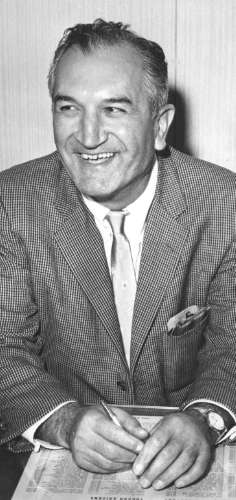
A Throne No One Can Sit On
The Mafia is not a monarchy. The next don is not chosen by blood, but by strength. Being the son of a feared man only paints a target on your back. Real leaders are forged in prison yards, in bloody backrooms, in the silent calculations of who lives and who dies.
Even John Gotti—”The Dapper Don” himself—couldn’t pass on his empire. His son, John A. Gotti (aka Gotti Jr.), did assume leadership of the Gambino family for a time, but it was a disaster. Lacking his father’s charisma and ruthlessness, he made deals, dodged murder raps, and eventually walked away from the life. His reign was defined more by headlines and plea bargains than fear and loyalty.
The same fate awaited Joe Colombo’s son, Anthony. After his father was shot at a rally in 1971, Anthony stepped into the spotlight—not as a mob boss, but as a public figure defending Italian-American rights and writing books. His heart may have been in the cause, but his legacy in the Mafia world was DOA. The Colombo family descended into factional chaos. Anthony faded into cultural commentary.
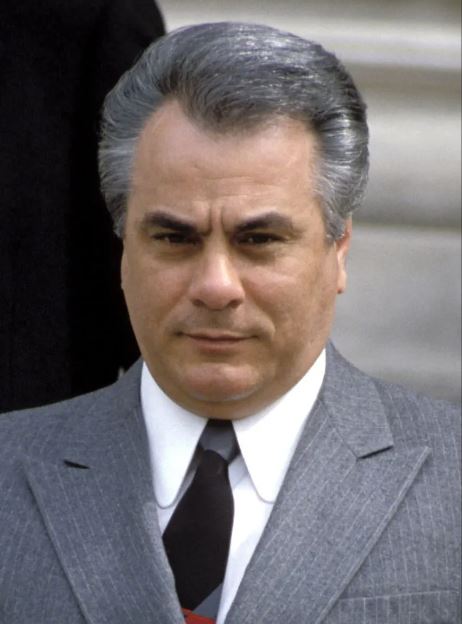
Family Is Leverage, Not Loyalty
One of the great ironies of Mafia life is this: the very institution that claims to value “family” above all else is the same one that sees blood as a liability. Sons are weak points. Daughters are bargaining chips. The mob doesn’t reward loyalty—it demands usefulness.
When Carlo Gambino died, he didn’t leave his criminal empire to his own son, Thomas. He gave it to his brother-in-law Paul Castellano. Why? Because Castellano was feared, respected, and proven. Gambino knew that putting his son in charge would invite mutiny. Blood isn’t thicker than bullets.
That lesson would echo again and again across Mafia history. The sons of bosses are tolerated, occasionally propped up as figureheads, but rarely allowed to lead. They’re seen as soft, privileged, or just not ruthless enough. And often, they aren’t.
The Few Who Tried—and Died
Some sons did try to rise. Gerard Gravano, son of infamous turncoat Sammy “The Bull” Gravano, tried to build a criminal empire of his own. Instead, he landed in federal prison on drug charges and became a cautionary tale—proof that mob blood can’t shield you from law or failure.
Michael Franzese, son of Colombo underboss John “Sonny” Franzese, briefly ran a massive gasoline tax scam in the 1980s. But even he had to walk away from the life to stay alive. He reinvented himself as a motivational speaker, preaching repentance. His survival came not from the Mafia—but from escaping it.
Princes in the Shadows
Across the board, from New York to New Orleans, from Brooklyn to Beverly Hills, the story repeats:
- The fathers ruled with iron fists and dead eyes.
- The sons grew up in comfort and paranoia.
- The throne was never theirs to claim.
In the Mafia, greatness is never passed down. It’s seized in the darkness, with blood and betrayal. The minute a don’s son tries to rule, he invites disaster—because someone, somewhere, is always waiting to take what isn’t earned.
And that’s the bitter truth: the Mafia doesn’t believe in legacy. It believes in survival.
So remember this: In the world of organized crime, there are no royal families. Only ghosts, guns, and the long, cold shadow of men who were feared… and sons who never were.

